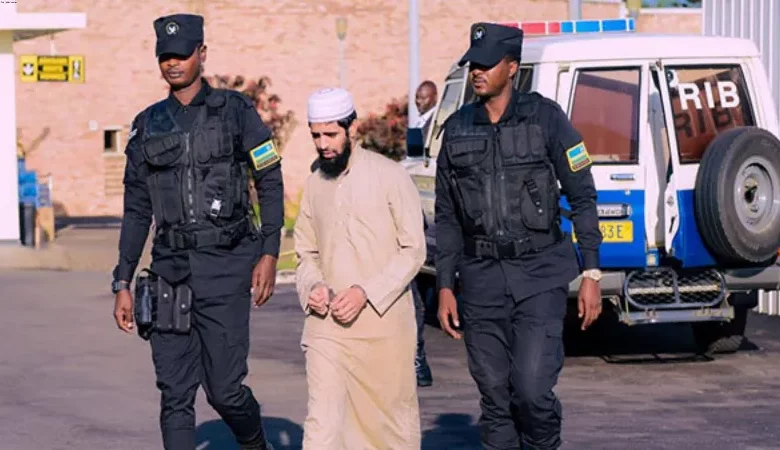
Salman Rehman Khan, linked with banned terror outfit Lashkar-e-Taiba, was brought from Rwanda on Thursday by the National Investigation Agency in connection with the Bengaluru Prisons Terror Conspiracy case. Khan is accused of radicalising people and providing explosive material to terror operatives.
The operation to arrest Khan was a joint effort by the RIB, Interpol, and NCBs. He was arrested on Wednesday in Kigali, Rwanda’s capital, and deported to India, where he was taken into custody by the NIA. This extradition is the 17th such success since 2020, wherein the NIA has brought back fugitives wanted in terrorism cases.
Khan had previously served time at Bengaluru Central Prison for a conviction related to POCSO (Protection of Children from Sexual Offenses) between 2018 and 2022. During his imprisonment, he came into contact with a convicted terrorist, T Naseer, serving a life sentence, who has reportedly played a significant role in Khan’s radicalization and orchestrating the terror network within prison walls.
Investigations showed that after being radicalized, Khan was an active participant in terror activities and helped in the procurement as well as distribution of arms and explosives. Naseer was also involved in conspiracy to facilitate his escape during court appearances, in which Khan was an active participant.
After the terror conspiracy surfaced, Khan fled India and was able to evade the police till his arrest in Rwanda. The NIA had taken up the Bengaluru Prisons Terror Conspiracy case from Bengaluru City Police on 25 October last year. Khan, who is a declared absconder, is booked under the stringent Unlawful Activities (Prevention) Act (UAPA), the Arms Act and the Explosive Substances Act.
The NIA had approached Interpol to issue a Red Notice against him on August 2 this year. Subsequent to the issuance of the Red Notice, the Rwandan authorities arrested Khan and informed Indian agencies, which resulted in coordination between the NIA, Rwandan NCB, and Interpol, leading to his extradition.
This is one of the 26 fugitives who have been brought back to India in 2024 through similar coordination with Interpol. These include people accused of various crimes, like Raihan Arabikkalalarikkal, wanted for offenses against minors, who was extradited from Saudi Arabia.



